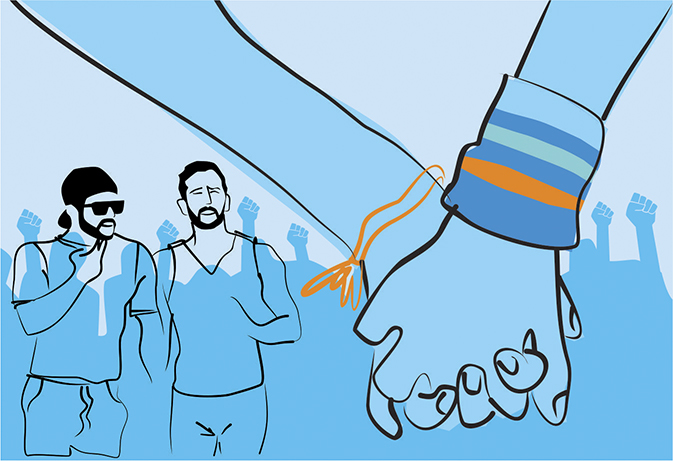
LGBTTs
The LGBTT agenda, as well as the feminist one, often expresses itself in apparently individual cases, but it has collective connotation. For a transsexual, lesbian, gay, bisexual, transvestite, etc., the fact of existing is already an act of resistance, an act of defending human rights. Likewise, the violence committed against an LGBT person is not only in the individual and private dimension, but in the overwhelming majority of cases it is the result of crimes of hatred, intolerance and brutality due to the condition of being LGBTT. That is, they are against a collective, in a social structure of aggressive prescription of heterosexuality.
In this way, all violence against an LGBT person is an attack on human rights defenders. In Brazil, the rates of aggression in this field are frightening. There are no official statistics on these crimes, with cases being underreported. Brazil is the country in the world where there are more crimes against sexual minorities, even when compared to countries that have the death penalty against LGBTTs.
There is no sign of improvement in ensuring the rights of LGBTT people in the political arena. The Chamber of Deputies also acts in offense to the rights of sexual minorities. In 2016, for example, a bill was proposed that legalizes homosexuality reversal therapies, a project nicknamed “gay cure.” The challenges are huge, the resistances too. There are many LGBTT insurgent movements in private and public spaces, individual and collective. Despite the scenario of enormous violence, one can also see the greater visibility, growth and strengthening of the struggle.

